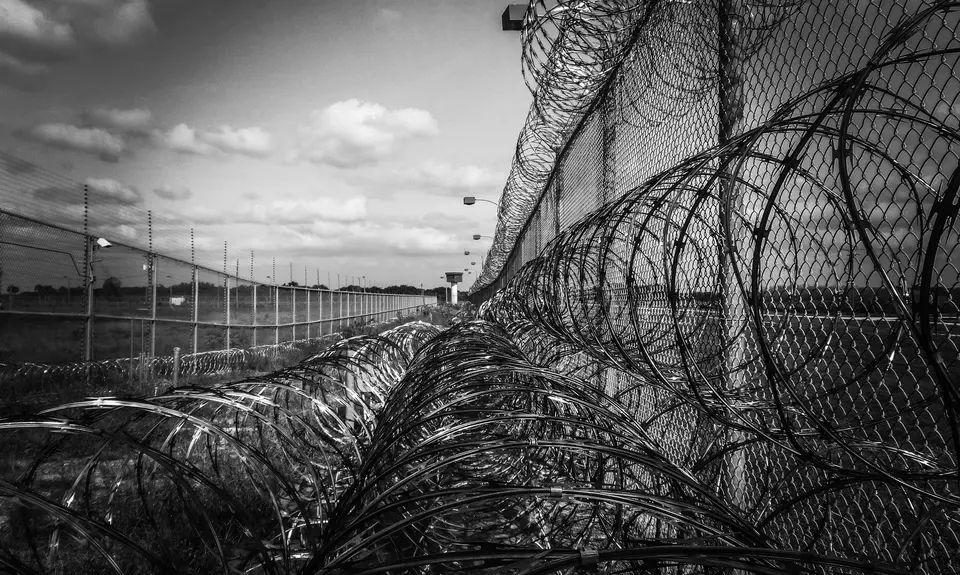One of the hallmarks of the first six months of the Trump administration has been its dramatic walkback of the federal role in protecting the civil rights of communities of color—with Attorney General Jeff Sessions leading the charge as head of the Department of Justice. On voting rights, hate crimes, federal criminal law and mass incarceration, police reform, immigration, and general civil rights enforcement, Sessions has moved swiftly since his February confirmation to overhaul DOJ and take the agency in disturbing new directions. One of Sessions' earliest acts was to make good on President Trump's campaign rhetoric praising private prisons and bring them back to life in the federal correctional system. Sessions did so by ignoring a 2016 DOJ Inspector General finding that private prisons are less safe and secure and overturning an Obama directive that phased out their use.
It's hard for Americans to know the full extent of the private prison problem because private prisons operate under a veil of secrecy by claiming exemption from public records laws that apply to government-operated facilities. Senator Ben Cardin of Maryland wants to do something about that, and on August 2 he introduced the Private Prison Information Act. People For the American Way joined OpenTheGovernment and more than two dozen other organizations on a letter that exposes the private prison transparency and accountability crisis and supports Senator Cardin's legislation:
The undersigned organizations committed to government openness and accountability, civil liberties, human rights, and civil rights, write to urge you to support legislation to apply the Freedom of Information Act (FOIA) to federally-funded private prison facilities. The Private Prison Information Act of 2017 (S.1728) would strengthen accountability and oversight by requiring non-Federal prison, correctional, and detention facilities holding Federal prisoners or detainees under a contract with the Federal Government to make the same information available to the public as is required of Federal prisons and correctional facilities by FOIA . . .
Despite the fact they are holding people in federal custody under federal law, nonfederal entities are not subject to the federal FOIA. Private contractors abuse this loophole by marking field reports for internal use only and shielding from public scrutiny information on security breaches, overcrowding, and unaccountable spending. Moreover, federal agencies that contract out for jail and prison beds often rely on FOIA Exemption 4—the business trade secrets exemption—to avoid responding in full to FOIA requests pertaining to privately-run facilities. This loophole leads to a lack of information needed to understand the cost of detention in private facilities and allow the public to understand the fiscal and human impact of privatized detention and incarceration.
PFAW is concerned about the human impact wrought by private prison facilities and has also decried the fiscal—and political—implications of for-profit incarceration.
